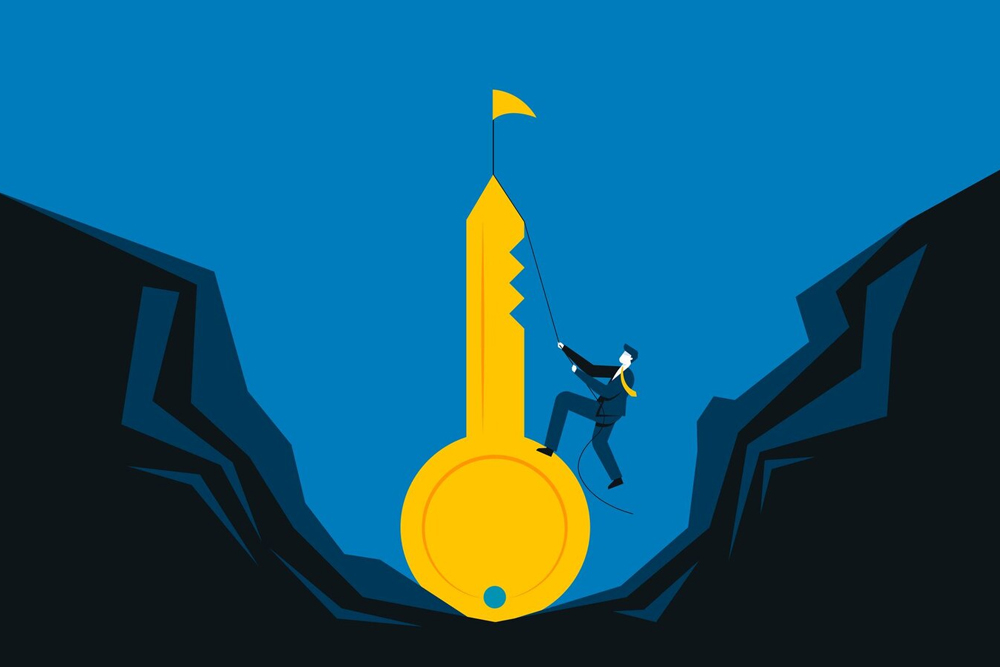
Taking Ownership: The Key to Career Growth and Long-Term Success
In an ever-evolving workplace, technical skills and experience are important — but they’re not enough. What truly sets high performers apart is personal accountability. It’s the mindset of owning your actions, outcomes, and responsibilities without shifting blame or waiting for others to lead. When you embrace accountability, you become a valuable asset to any organization — and strengthen your job security in the process.
What is Personal Accountability?
Personal accountability means taking full ownership of your role, tasks, and performance. It’s the ability to say, «The outcome starts with me,» whether the result is success or failure. It involves being proactive, meeting commitments, and holding yourself to high standards — even when no one is watching.
Accountable employees:
Follow through on promises
Learn from mistakes without making excuses
Seek solutions rather than dwell on problems
Stay focused on outcomes, not just activity
Why It Matters More Than Ever
In uncertain economic times or periods of organizational change, employers look for people who don’t just do the job — they drive results. Personal accountability shows that you’re dependable, self-motivated, and invested in both your work and the company’s success.
When leaders see someone who consistently delivers, adapts quickly, and solves problems, that person becomes indispensable. In contrast, a lack of accountability leads to missed deadlines, confusion, and lost trust — all of which can affect job stability.
How Accountability Drives Performance
A culture of accountability leads to:
Higher productivity: People take initiative and stay focused on results.
Better collaboration: Teams communicate more clearly and work efficiently.
Greater trust: Leaders can rely on accountable individuals to deliver consistently.
Continuous improvement: Mistakes are addressed, not hidden, creating room for growth.
Tips to Strengthen Personal Accountability
Here are practical ways to become more accountable in your role:
Set clear goals: Know what’s expected and align your daily tasks accordingly.
Own your deadlines: Track your work and deliver on time — or communicate early if issues arise.
Ask for feedback: Be open to constructive input and use it to improve.
Avoid blame: Focus on solutions rather than pointing fingers.
Reflect regularly: Evaluate your own performance and look for ways to grow.
Conclusion
Mastering personal accountability is more than just a professional trait — it’s a career superpower. When you take full ownership of your work, you earn the trust of your team, deliver meaningful results, and create long-term job security. In today’s fast-moving world, accountability isn’t optional — it’s essential for anyone who wants to thrive and lead with purpose.
Newsletter
Keep up to date — get updates with latest topics

